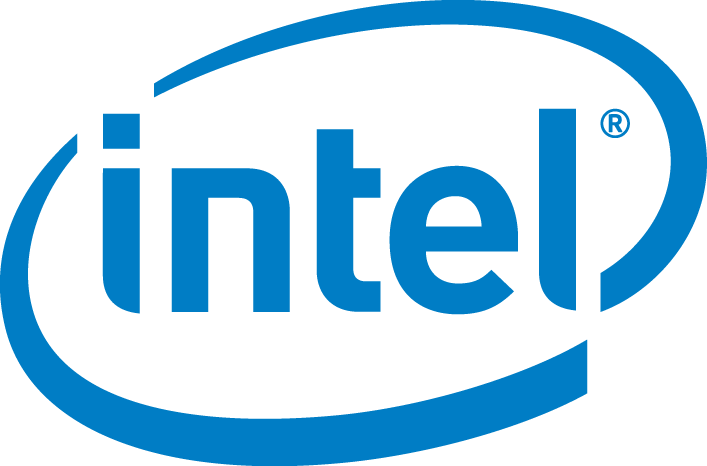Intel won the first round in $1.3 bn UE Antitrust fine battle

The European Union's highest court on Wednesday backed Intel Corp.'s appeal of a €1.06 billion ($1.26 billion) EU antitrust fine in 2009, referring the case back to a lower court and dealing a blow to an antitrust regulator that has taken a hard line on U.S. tech giants.
Intel was fined by the European Commission in 2009 for abusing its monopoly of the computer processor market by bullying manufacturers into purchasing all their chips from Intel instead of rivals. The penalty was the biggest antitrust fine in the Commission’s history until the €2.4bn fine handed to Google this year.
The ruling may force the European Commission to re-examine its tough line and economic approach in other antitrust cases such as against Qualcomm and Alphabet unit Google.
Intel was fined in 2009 when the Commission found that between 2002 and 2007, the company had offered incentives to computer makers Dell, Lenovo, HP and NEC if they bought all of their x86 microprocessors from Intel instead of a rival, AMD.
The antitrust authority found that Intel had used the rebates, coupled with its dominant position, to lock rival Advanced Micro Devices Inc. out of the market, reducing choice for consumers. The EU also said Intel made payments to electronics retailer Media Saturn Holding on the condition that it only sold computers containing Intel's microprocessors.
While the commission argued the company's rebates were by their nature anticompetitive, it also carried out an in-depth analysis of the circumstances, proving the rebate scheme was capable of shutting out a rival.
Intel appealed the decision to the EU's general court. The court in 2014 backed the commission's first argument that dominant companies' rebates are by nature potentially anticompetitive — a decision Intel then appealed to the ECJ.
The European Court of Justice said in a statement that the lower court failed to examine whether Intel's rebates to other companies restricted competition.
The decision signals that dominant companies' use of rebates aren't de facto problematic, meaning that regulators may now have to prove in each case that the rebate measures offered cause economic harm. That could make it harder for the commission when it seeks to lodge another such antitrust case.
"This is certainly a defeat for the European Commission and indicates a certain relaxation of the formalistic case law on abuse of dominance," said Assimakis Komninos, a Brussels-based partner at law firm White & Case. "While the Intel case is about rebates, all major corporates being investigated by the commission can take this as a positive sign."
The ruling could have ramifications for other abuse-of-dominance cases, including the regulator's antitrust probe into Qualcomm Inc., which it accuses of illegally paying Apple Inc. to exclusively use its chips and selling chips below cost to force a competitor, Icera Inc., out of the market.
In future appeals to antitrust decisions, the EU regulator won't be able "to defend its decision on the basis of narrow legal grounds as the general court will have to look at the economic arguments" put forth by the company, said Damien Geradin, a partner at competition law firm Euclid Law.
Intel welcomed the ruling. “We are currently reviewing the decision. We will provide further comment when we have completed our review,” Intel said.

